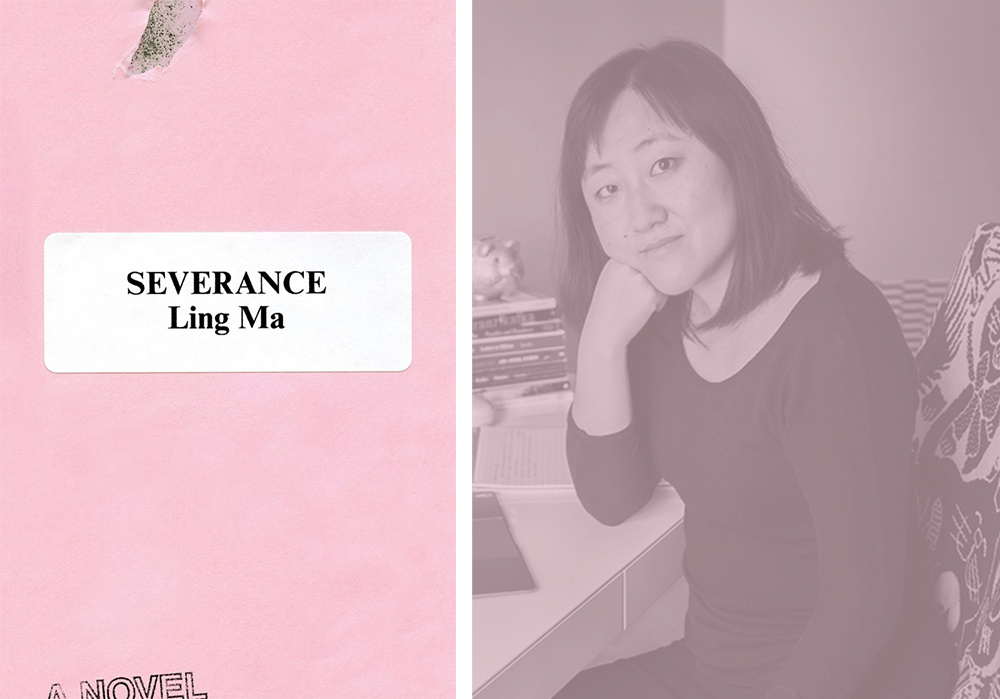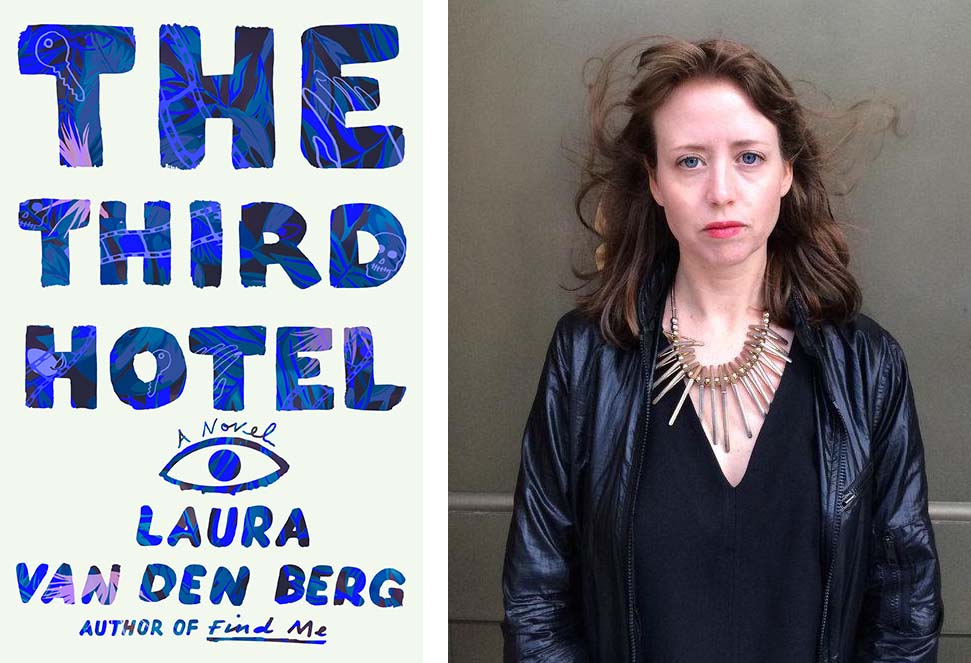Lytro had big plans to change the photography industry with its unique,Stocking Girl’s Wet Pink Petals rectangular-shaped "light field camera" that let users refocus photos after they'd taken them.
Now, Lytro is being acquired by Google for as much as $40 million, TechCrunch reports. The decision comes following Lytro's botched release of the Illum, a second overpriced (and rather clunky) light field camera that failed to catch on, and after the company's more recent pivot to virtual reality.
SEE ALSO: Which phone takes the best portrait photos: iPhone X, Pixel 2, or Note 8?The deal is reportedly not finalized just yet, with some sources suggesting the acquisition price could be much lower at around $25 million.
According to the report, Google is buying Lytro for its imaging assets, namely its light field-related patents. Some Lytro employees have reportedly already been let go, while others prepare to transition to Google.
It seems like a no-brainer for Google, a company investing heavily in VR, to buy a startup that's created end-to-end hardware and software solutions to enable next-generation immersive content creation.
It's even plausible Google could be looking to use Lytro's talent and patented tech to fend off Facebook's Oculus VR and Magic Leap.
But it's just as reasonably possible that Google won't even use Lytro's technology for VR at all. Over the last few years, Google's been clear about its ambitions to build the best smartphone cameras on its Pixel phones using a combination of techniques like machine learning and computer vision.
Perhaps, Google's looking to build on top of the Pixel 2's already best-in-class camera with Lytro's light field photography tricks. Just imagine taking photos that you could refocus later. Sure would be more useful than the iPhone's Live Photos or Pixel's Motion Stills.
We've already seen the impressive "portrait mode" shots the Pixel 2 can produce using machine learning instead of a fancy dual camera system like on iPhone or Galaxy S9+.
Lytro's light field camera was way ahead of its time, but the company had it all wrong. Maybe it it should have been trying to integrate it into smartphones. And if anyone can make that happen, it's Google.
Topics Google
(Editor: {typename type="name"/})
 Elon Musk reveals the first passenger SpaceX will send around the moon
Elon Musk reveals the first passenger SpaceX will send around the moon
 U.S. government urges immediate recall of airbag inflators across automakers
U.S. government urges immediate recall of airbag inflators across automakers
 Masturbation May: Queer people aren't afraid to talk self
Masturbation May: Queer people aren't afraid to talk self
 Cyber Monday Nintendo Switch deals 2023: The 'Mario Kart 8 Deluxe' bundle is back
Cyber Monday Nintendo Switch deals 2023: The 'Mario Kart 8 Deluxe' bundle is back
 Keeping Hope Alive
Keeping Hope Alive
Character AI reveals AvatarFX, a new AI video generator
 Imagine an AI video chatbot you can interact with in real-time. Or if you could generate a custom "s
...[Details]
Imagine an AI video chatbot you can interact with in real-time. Or if you could generate a custom "s
...[Details]
Like You Know Your Own Bones by Crystal Hana Kim
 Like You Know Your Own BonesBy Crystal Hana KimJuly 31, 2018First PersonOn memory, inherited trauma,
...[Details]
Like You Know Your Own BonesBy Crystal Hana KimJuly 31, 2018First PersonOn memory, inherited trauma,
...[Details]
Twitters adds exclamation point to its 'what's happening' prompt
 As if things weren't chaotic enough on Elon Musk's Twitter, it has now added exclamation points all
...[Details]
As if things weren't chaotic enough on Elon Musk's Twitter, it has now added exclamation points all
...[Details]
Staff Picks: Documentaries, Snapshots, and Glossy Color Images by The Paris Review
 Staff Picks: Documentaries, Snapshots, and Glossy Color ImagesBy The Paris ReviewAugust 24, 2018This
...[Details]
Staff Picks: Documentaries, Snapshots, and Glossy Color ImagesBy The Paris ReviewAugust 24, 2018This
...[Details]
Shop Owala's Memorial Day Sale for 30% off tumblers
 SAVE 30%:This Memorial Day, shop Owala's tumblers for 30% off. Get a 40 oz. tumbler for just $28 and
...[Details]
SAVE 30%:This Memorial Day, shop Owala's tumblers for 30% off. Get a 40 oz. tumbler for just $28 and
...[Details]
Apocalyptic Office Novel: An Interview with Ling Ma by Madeline Day
 Apocalyptic Office Novel: An Interview with Ling MaBy Madeline DayAugust 22, 2018At WorkLing Ma’s de
...[Details]
Apocalyptic Office Novel: An Interview with Ling MaBy Madeline DayAugust 22, 2018At WorkLing Ma’s de
...[Details]
The Vocabulary of Tourism: An Interview with Laura van den Berg
 The Vocabulary of Tourism: An Interview with Laura van den BergBy Andrew ErvinJuly 24, 2018At WorkIn
...[Details]
The Vocabulary of Tourism: An Interview with Laura van den BergBy Andrew ErvinJuly 24, 2018At WorkIn
...[Details]
Tom Clark (1941–2018) by Larry Bensky
 Tom Clark (1941–2018)By Larry BenskyAugust 20, 2018In MemoriamBaseball card of Tom Clark (© 1990 Lit
...[Details]
Tom Clark (1941–2018)By Larry BenskyAugust 20, 2018In MemoriamBaseball card of Tom Clark (© 1990 Lit
...[Details]
Study trains Port Jackson sharks to respond to jazz music
 Turns out you can train a shark to like jazz.Researchers at Australia's Macquarie University have sh
...[Details]
Turns out you can train a shark to like jazz.Researchers at Australia's Macquarie University have sh
...[Details]
Best early Cyber Monday Roomba deals at Amazon 2023
 A quick look at the best early Cyber Monday Roomba deals at Amazon Best standalone Ro
...[Details]
A quick look at the best early Cyber Monday Roomba deals at Amazon Best standalone Ro
...[Details]
接受PR>=1、BR>=1,流量相当,内容相关类链接。